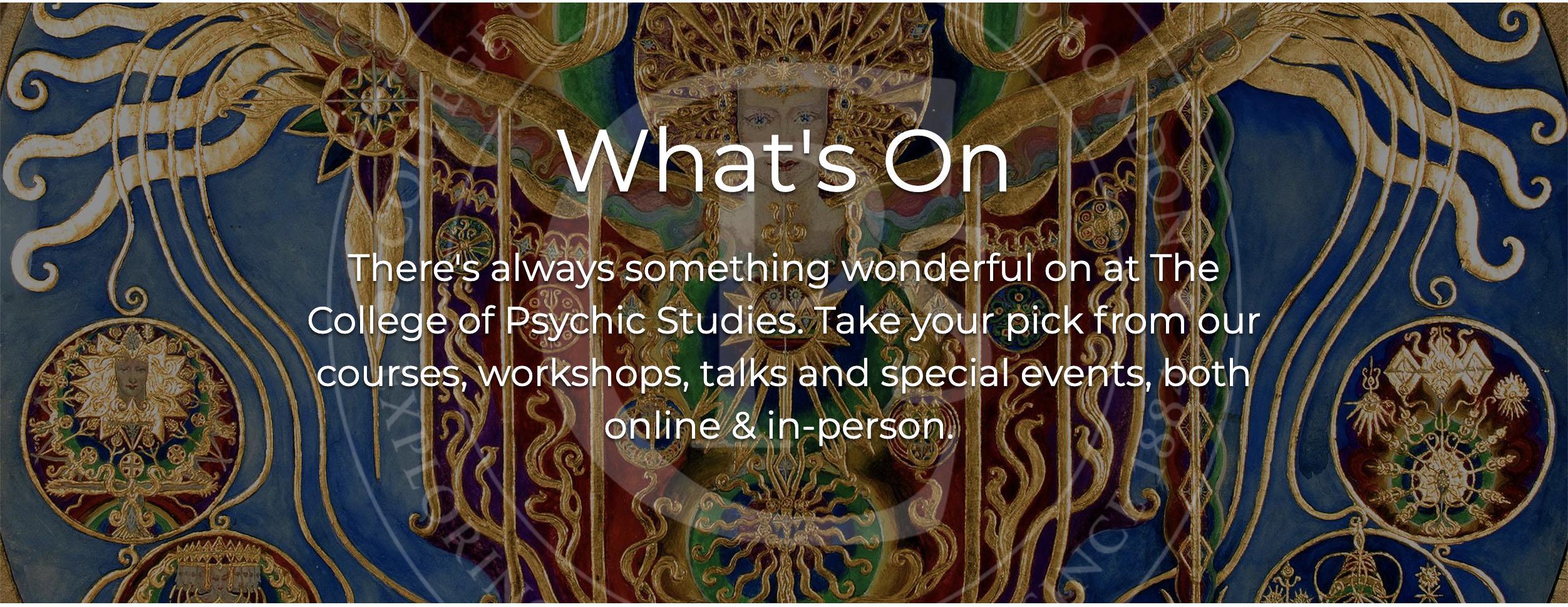"We are such stuff as dreams are made on; and our little life is rounded with a sleep." We love this line by the mage Prospero in the closing monologue of Shakespeare's The Tempest. It so succinctly points to the dream-like, illusory nature of 'reality'. When we discover how to do lucid dreaming, it takes this understanding of reality to an even deeper level. Lucid dreaming instigates a profound awakening of our conscious awareness. We realise that we can, quite literally, dream our dream life into being! And, on a more mundane level, it brings a whole new level of richness and adventure to 'our little life'. So what is lucid dreaming, why is it so important for spiritual practitioners, and how can we master the art?
What is lucid dreaming?
When we dream, most of us are fully invested in the dream. The events that play out in the dream state are as real to us as when we are awake. Dream events are as pleasurable or painful, joyful or terrifying as they would be if experienced 'in real life'. However, when we are lucid dreaming, we are aware that we are dreaming, that we are in a dream. Not only that, but we discover that we can control or influence the dream's content, plot and actions. We can, quite literally, live our dream life.
Lucid dreaming can be a fascinating and powerful experience. It allows us to experience and interact with our dream worlds in wonderful ways. We can fly and summon objects. We're able to change the scenery, learn new techniques, develop our spiritual practice. Additionally, we can meet with loved ones residing in far away places, or indeed loved ones in Spirit. The possibilities of lucid dreaming are endless. Lucid dreaming has also been used in therapeutic settings to explore and work through psychological issues or promote creativity and problem-solving.
Degrees of lucid dreaming
Scientists, researchers, transpersonal psychologists and serious dreamers have long explored how to do lucid dreaming. They have discovered that some people experience lucid dreams spontaneously without any deliberate effort. However, most of us need to practice a little more earnestly to perfect our lucid dreaming technique. The bottom line is, we all have the potential to do lucid dreaming.
Lucid dreams can vary in intensity and control. In some cases, the dreamer may have partial control over the dream. In other instances, we have full control and are able to manipulate the dream environment and our actions within it. We can have a lot of fun and embark upon extraordinary adventures, which is what many do when they first start developing the ability to do lucid dreaming! Once we have got that out of our system, we can start discovering how to do lucid dreaming to explore our subconscious mind and embark upon a healing journey of self-discovery and awakening.
How to do lucid dreaming
Achieving lucid dreaming requires practice and dedication. While it may come naturally to some individuals, others may need to develop specific techniques to increase the likelihood of having lucid dreams. Here are some steps to help you get started with lucid dreaming:
- Keep a dream journal: If you're beginning to explore how to do lucid dreaming, the habit you must establish is writing a dream journal. Keep a journal by your bedside and jot down your dreams immediately after waking up. This practice helps improve dream recall and makes you more aware of the content and patterns of your dreams.
- Take a dream course: Learn how to do lucid dreaming in a dream course. You'll be guided by a master who has walked this path before, and knows the most effective techniques and potential pitfalls on the lucid dreaming journey.
- Reality checks: Throughout the day, perform reality checks to question whether you are dreaming or awake. This habit will carry over to your dreams, and you may eventually do the same check while dreaming, leading to lucid dreaming. Common reality checks include trying to push your finger through your palm, looking at a clock or text (it often changes in dreams), or trying to breathe through a pinched nose.
- All-Day Awareness (ADA): This involves staying present and aware of your surroundings throughout the day, and is essentially the practice of mindfulness. Engage your senses consciously in everyday activities. This heightened awareness can transfer into your dreams, increasing your chances of realising you are dreaming.
- Mnemonic Induction of Lucid Dreams (MILD): Before going to sleep, repeat a phrase like: 'I will have a lucid dream tonight' or 'I will realise that I am dreaming when I am in the dream.' Alternatively, you visualise yourself becoming lucid while dreaming. This technique helps to programme your subconscious mind for lucid dreaming.
- Wake-Back-to-Bed (WBTB): Set an alarm to wake up about 4-6 hours after you initially fall asleep. Stay awake for about 20-30 minutes, during which you can engage in lucid dreaming-related activities like reading about lucid dreaming or meditating. Then, go back to sleep. The WBTB technique increases the likelihood of entering a dream directly from a waking state.
- Wake-Initiated Lucid Dreaming (WILD): This technique involves maintaining awareness as you transition from a waking state to a dream state. It can be more challenging but can lead to instant lucidity. You may try it after using the WBTB technique.
- Lucid dreaming supplements: Some claim that certain supplements, such as vitamin B6 or melatonin, can enhance dream recall and increase the likelihood of lucid dreaming. However, it's essential to research and consult a healthcare professional before using any supplements.
- Practice patience: Lucid dreaming requires consistent effort and practice. Be patient with yourself and keep a positive attitude. You will get there, but in the meantime, enjoy the journey!
Everyone's experiences with lucid dreaming can vary, so don't get discouraged if it doesn't happen for you right away. With dedication and practice, you can improve your chances of having lucid dreams and enjoy the exciting world of dream exploration.
See What's On at The College of Psychic Studies:

Join our newsletter to keep connected with The College of Psychic Studies.




